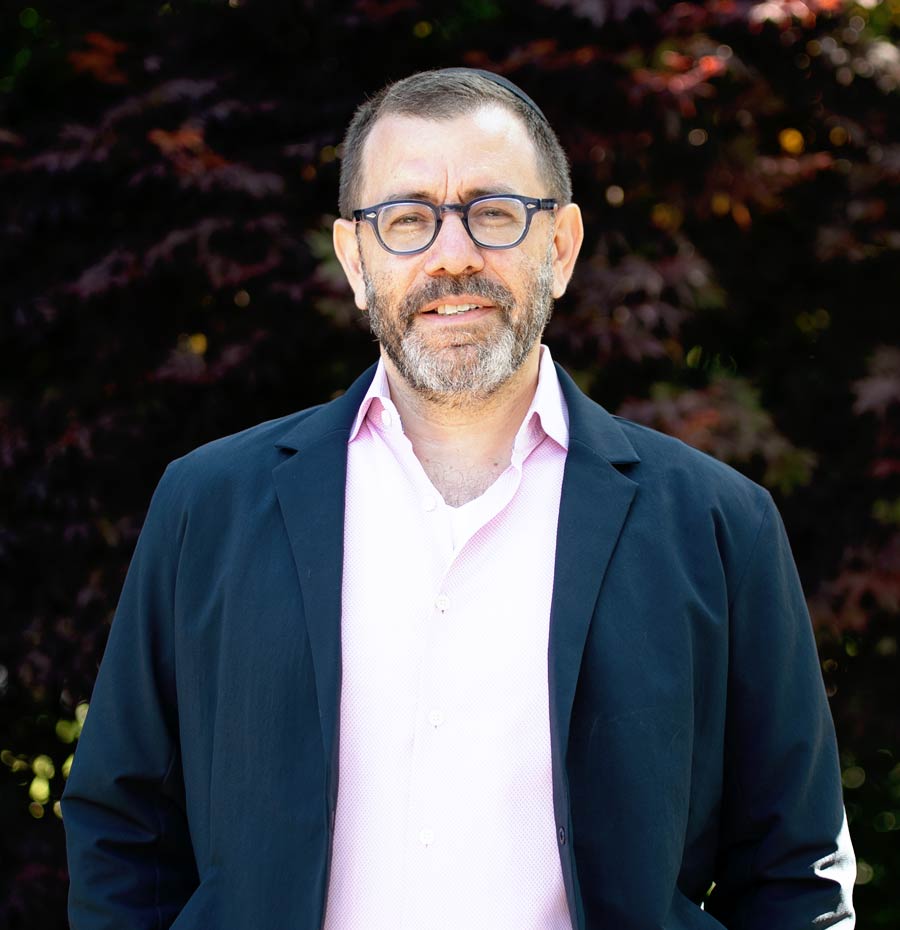Sometimes feeling thankful is not enough.
That’s where gratitude comes in.
Gratitude represents something deeper than simply feeling appreciative. It’s an awareness that the good and blessings in our own lives are not completely our own doing. They are not completely earned.
We are never the sole agents of our own success.
Gratitude builds on the appreciation that so much of the good in our lives is a gift, and then it inspires in us a desire, or even a sense of responsibility, to share this good with others.
When we feel we have received something unearned, we should want to give back, to pay it forward to someone else.
Understood in this way, gratitude is a type of social glue, strengthening the bonds that connect people and even generations together. (For more on this understanding of gratitude, see the work of Robert Emmons.)
Purim is our holiday pushing us towards gratitude.
I want to share with you a breathtaking understanding of Purim that has transformed my relationship with this holiday.
During the second half of the nineteenth century, Rabbi Shlomo HaKohen, the head of the rabbinical court in Vilna, proposed a connection between two rabbinic texts that is not obvious at first but makes so much sense once he suggests it.
The first text is a Mishnah which announces that:
On the fifteenth day [of the month of Adar] the Megillah of Esther is read in the cities. They also repair the roads and the streets and the water cisterns. And they perform all that is necessary for public welfare. (Shekalim 1:1)
Rabbi Shlomo HaKohen asks an incisive question on this Mishnah. “Why did the rabbis connect the day of reading the Megillah of Esther with a commitment to performing work for the community’s benefit?”
Are there not other dates in the calendar that are equally, or perhaps more, suited for assuming responsibility of public well-being? Why was the holiday of Purim deemed thematically appropriate to have been assigned this role?
In an initially curious move, Rabbi Shlomo HaKohen directs us to the Talmudic story of Rabbi Shimon bar Yochai in Tractate Shabbat for the answer. The Romans ordered that Rabbi Shimon bar Yochai was to be executed for resisting and denigrating the cultural power of the Roman authorities. He had to flee from the government and he hid – together with his son – in a cave. The Talmud tells us that while they were hidden in the cave learning Torah a miracle occurred and a carob tree and a spring of water were created for them. They were nourished by this miracle for twelve years.
When Rabbi Shimon bar Yochai finally learns that the Caesar who issued the decree against him has died, he emerges from hiding. After experiencing the miracles that kept him and his son safe and sustained for the twelve years of their seclusion, Rabbi Shimon bar Yochai declares:
Since a miracle was performed to rescue me, I will go and remedy something to benefit the community.
(Shabbat 33b)
With this one sentence Rabbi Shimon bar Yochai – the man traditionally understood as authoring the Zohar– teaches perhaps his most profound Jewish lesson. The most meaningful response to having received beneficence is to pay it forward! Having received blessings, he wants to create good for others.
Now, Rabbi Shlomo HaKohen suggests, we can understand why – after reading the story of Esther – the Mishnah asks us to attend to the needs of the public.
We should approach the reading of the story of Purim as a guided meditation. Through an act of imagination we are asked to confront our profound physical vulnerability as Jews in the world. (These days we unfortunately need less imagination…) We emerge from the story having been saved, knowing power and physical security. Having vicariously experienced the narrow escape, we are pushed to see that our safety and thriving in the world are in fact quiet miracles. As the meditation ends, we – as individuals and as a community – are now asked, “What should be our response to the miracles and tremendous blessings that permeate our lives?”
For Rabbi Shimon Bar Yochai and Rabbi Shlomo HaKohen – the answer is clear: Pay the good forward!
Having recognized the good and the blessings in our lives, “thankfulness” is not sufficient. Purim is a provocation to remind ourselves that our security and even much of our success are not products of our own doing. They are precious gifts. And the best – and the most Jewish – response to receiving much, is to give.
Chag Purim Sameach,
David
